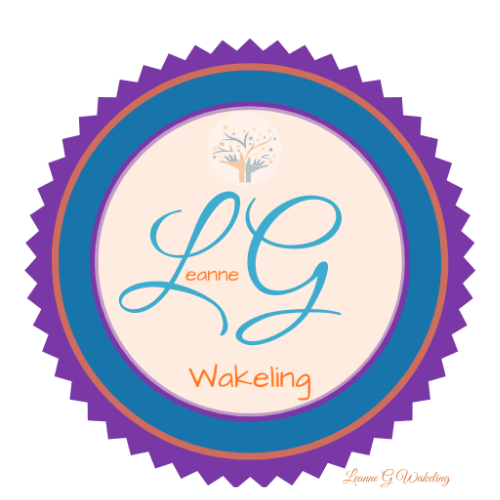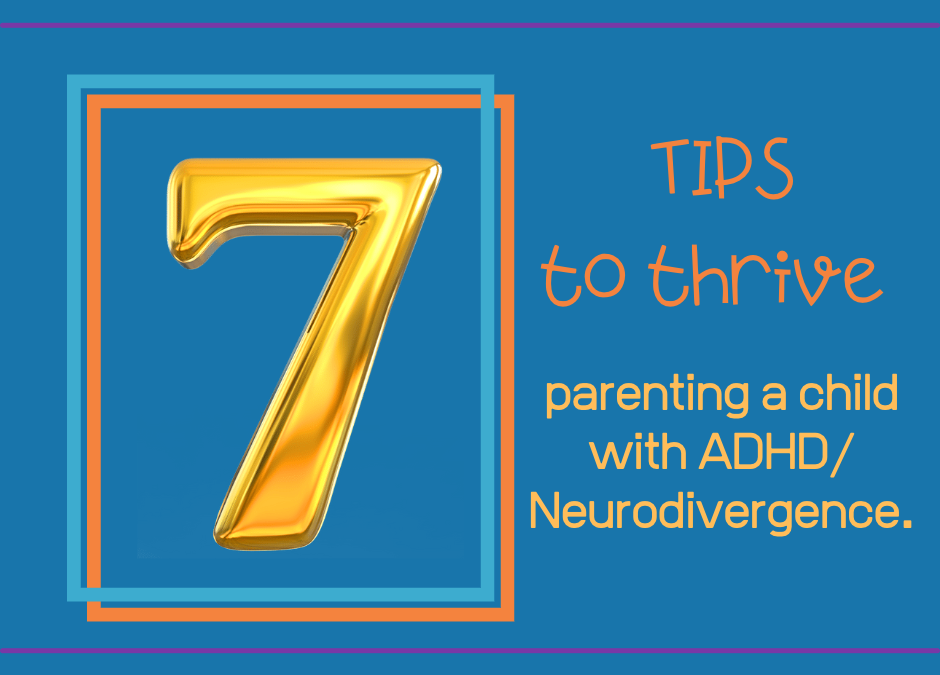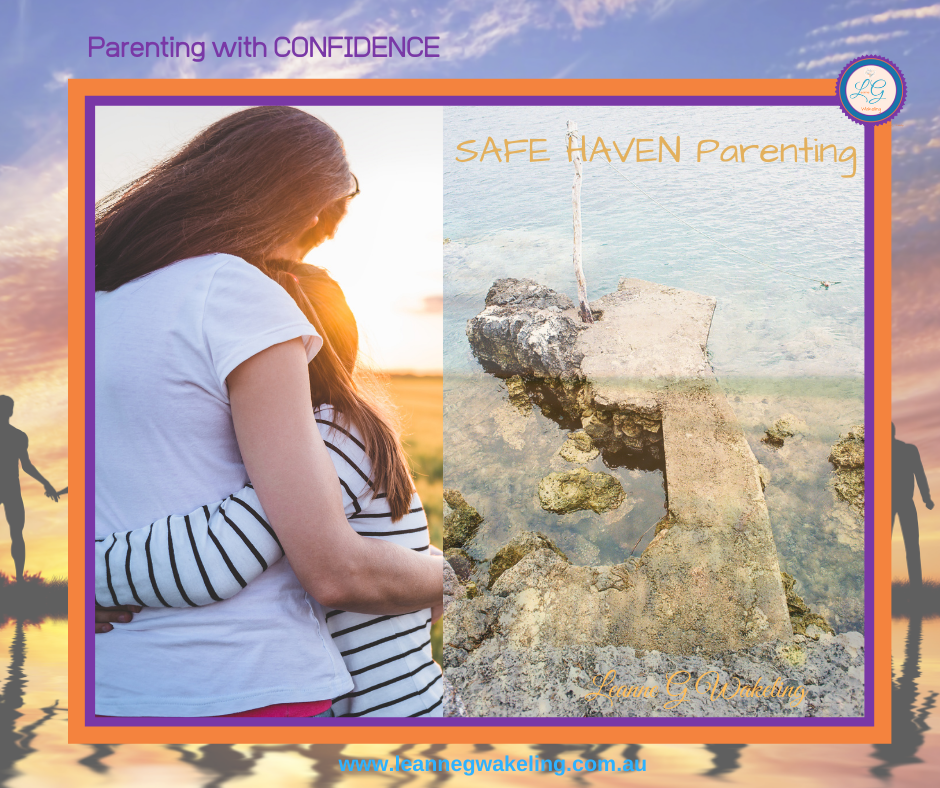Parenting a child who is outside of standard,
like those with any of the alphabet conditions of neurodivergence
(ADHD, ASD, HSP, ODD, SPD, BPD and many more) can be tough.
1. Give ourselves permission to be ok with imperfection.
As someone who is neurodivergent myself, I had to learn and now appreciate that running a perfectionist strategy is very disempowering.
If I want my child/ren to be ok making mistakes, I must model that for them.
2. Appreciate that lots of their behaviour, while extreme IS age appropriate.
It’s something that I have noticed more as I have been serving in the parent coach/mentoring space is that many of the concerns around behaviour that parents have are more a reflection of lack of parenting confidence. Not a criticism and more of an observation.
Our lack of confidence is potentially a reflection of our own childhood conditioning, or the shark music of how we were raised.
3. Accept our child as they are.
So often in the early years, as my son was really beginning to evolve into the challenging child that he became, I kept wanting him to be easier.
I had to come to terms with the person he is. That meant grieving the child that I wanted, so that I could enjoy the child that I had.
The more we focus on the things we don’t want, the harder it is to find the things that we d4.
4. It’s ok not to like them sometimes.
The reality is, there will be times when we get so frustrated we just don’t like them. Then, if you are like me, you feel guilty about not liking them.
When really, if we can be compassionate with ourselves in those moments, we’ll have more compassion for them too.
We can still love them and not like them in the moment. My dad encouraged us, in those moments, to separate the deed and the doer. Meaning we can love unconditionally even when we don’t like the behaviour.
5. Appreciate the mission is a long game.
When parenting kids with alphabet conditions, that neurodivergence means they are likely to take longer than average to mature emotionally.
Our job is to create HEALTHY BOUNDARIES, so that they can feel safe in their environment. I mean emotionally safe, even more so than physically safe.
Certainly, it’s highly likely that our kids with ADHD, particularly the ones with poor impulse control WILL do things that we believe are perhaps too challenging, adventurous or dangerous. It is not our job to stop them from exploring. It’s learning to trust ourselves that as they do things that we might never choose to do, that doesn’t mean it’s the wrong thing for them.
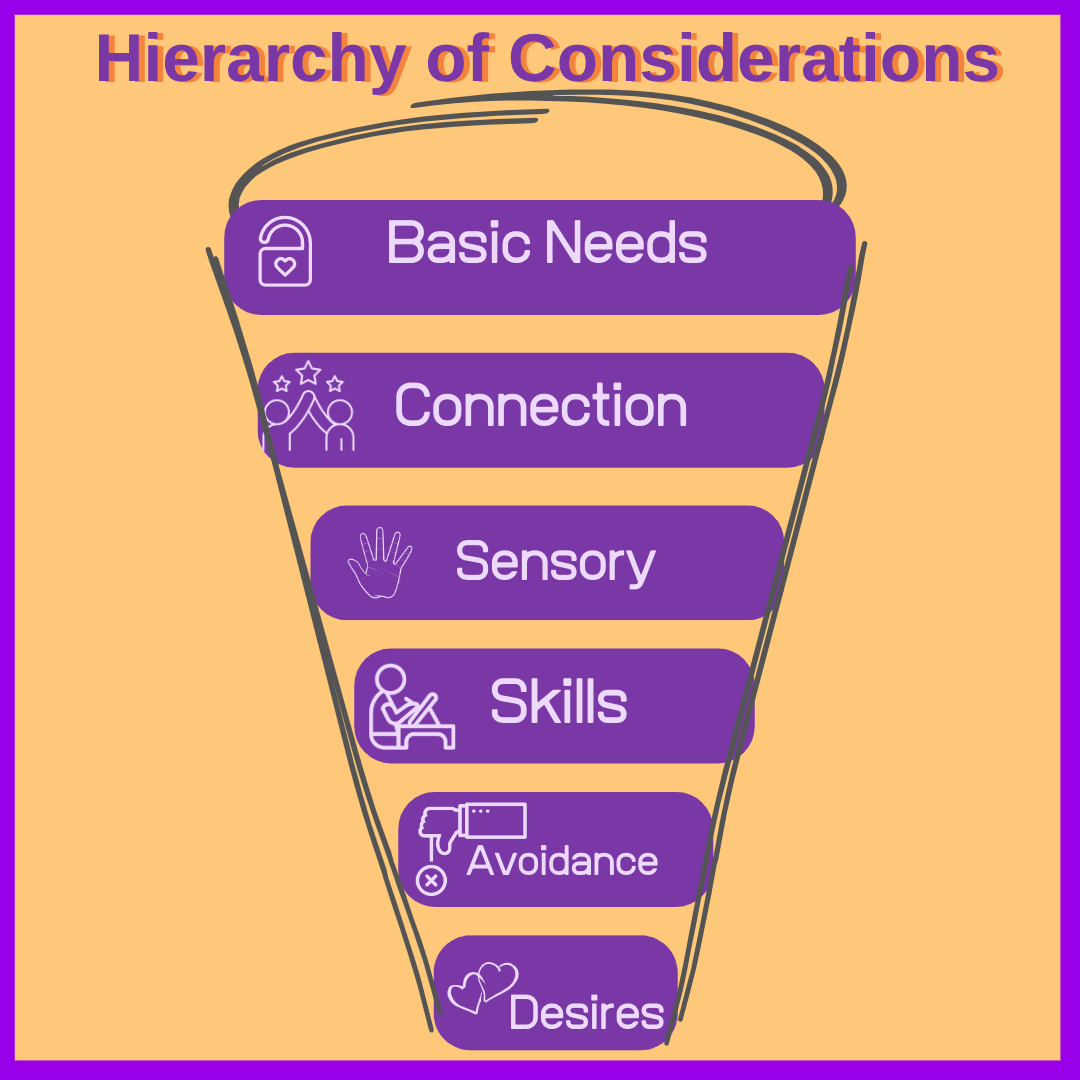
Our ADHD kids are dopamine seekers. They also tend to be attracted to things that will fill their dopamine needs. Some of them will be way outside our comfort zone, and others will benefit from redirection into more functional and resourceful means of having that dopamine need met.
6. Acknowledge, they are not us.
It might seem obvious, but what I now appreciate is that a lot of our concerns and negative responses with our child’s behaviour are because, at a subconscious level, we are trying to protect them from the “lessons” we were taught, the “judgement” we received as a kid.
This desire to protect is where our triggers come from. The more we appreciate that a trigger is a notification to US that we need to reflect on where it comes from. The more we can resolve those accumulated feelings and emotional reactions in ourselves, the better our emotional modelling becomes. Growing with our child, them enabling our growth, as we enable theirs.
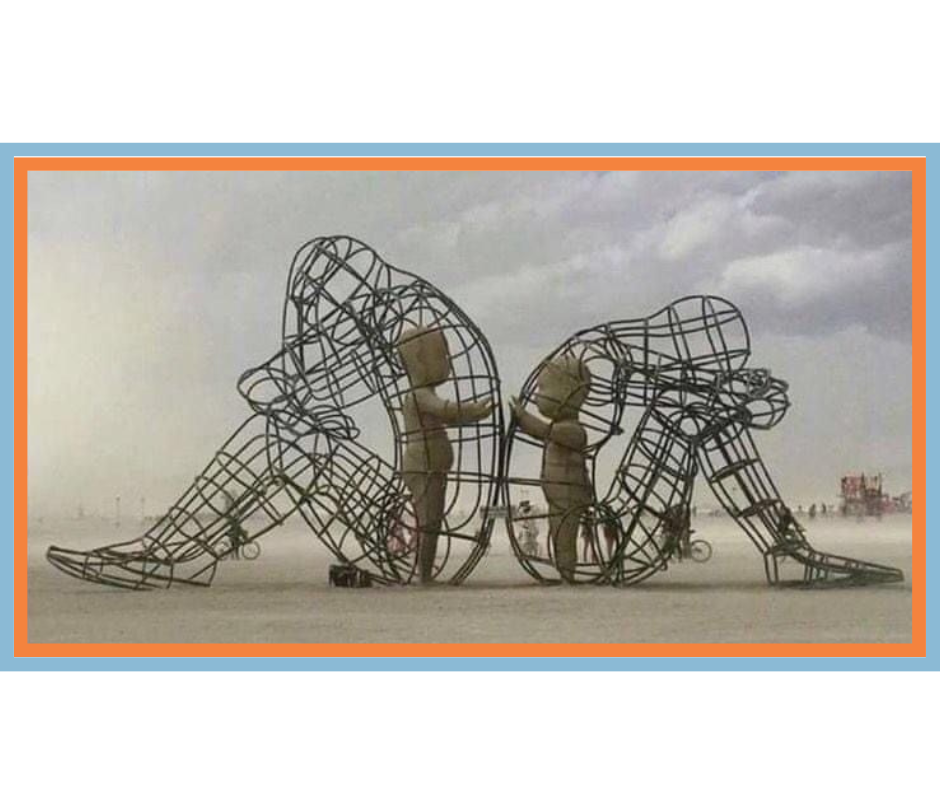
7. Be flexible.
That means, being able to adapt as our child evolves. What worked yesterday might not work next week. That doesn’t mean we’ve done anything wrong. The opportunity is to consider what might be going on for them. Their behaviour is NEVER against us. The less we take things personally, the more likely we will approach all situations with the attitude of service that need from us.
When we get caught up in worrying about what other people think, or believe they are being deliberately difficult, we loose our own ability to be the parent they need.
Whether we like it or not. As an adult we have more capability and capacity than they do as children to be flexible and adaptable. It is up to us to be gracious and patient with their lack of knowledge, experience and capacity. We are meant to be the leaders in their lives. Guiding and coaching them.
Our job is not to boss them around, it’s to be a safe-haven, so that they can evolve on purpose, learning as they go from living in an environment that enables them to learn from how they are being treated.
The aim being unconditional love, with authoritative leadership that gives them healthy boundaries in a non-judgemental way. That is how they gain the emotional fitness skills to become the best version of themselves and the type of adult we wish for them to be.
Parenting with confidence is building beautiful foundations that we can provide the scaffolding they need in order to grow their skills sustainably.
Want to get an even deeper understanding of your child/ren?
Download resource – CLICK title below.
Guide-to-understanding-your-emotionally-divergent-difficult-childopt-in/
On the journey to learn how to become even better for your child/ren?
Come join me to build beautiful foundations in the
Conscious Wholehearted Parents Facebook Community.
Our mission is building the skills to enable our children to become the best version of themselves
with the success predictors of emotional intelligence and resilience.
It starts with YOU, their leader/s.
Let’s set you up to be present and have a touch stone to return to when things go off track.
You are enough, they are worthy and we all belong.
Together we ARE Stronger.
